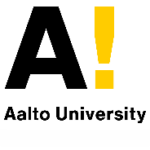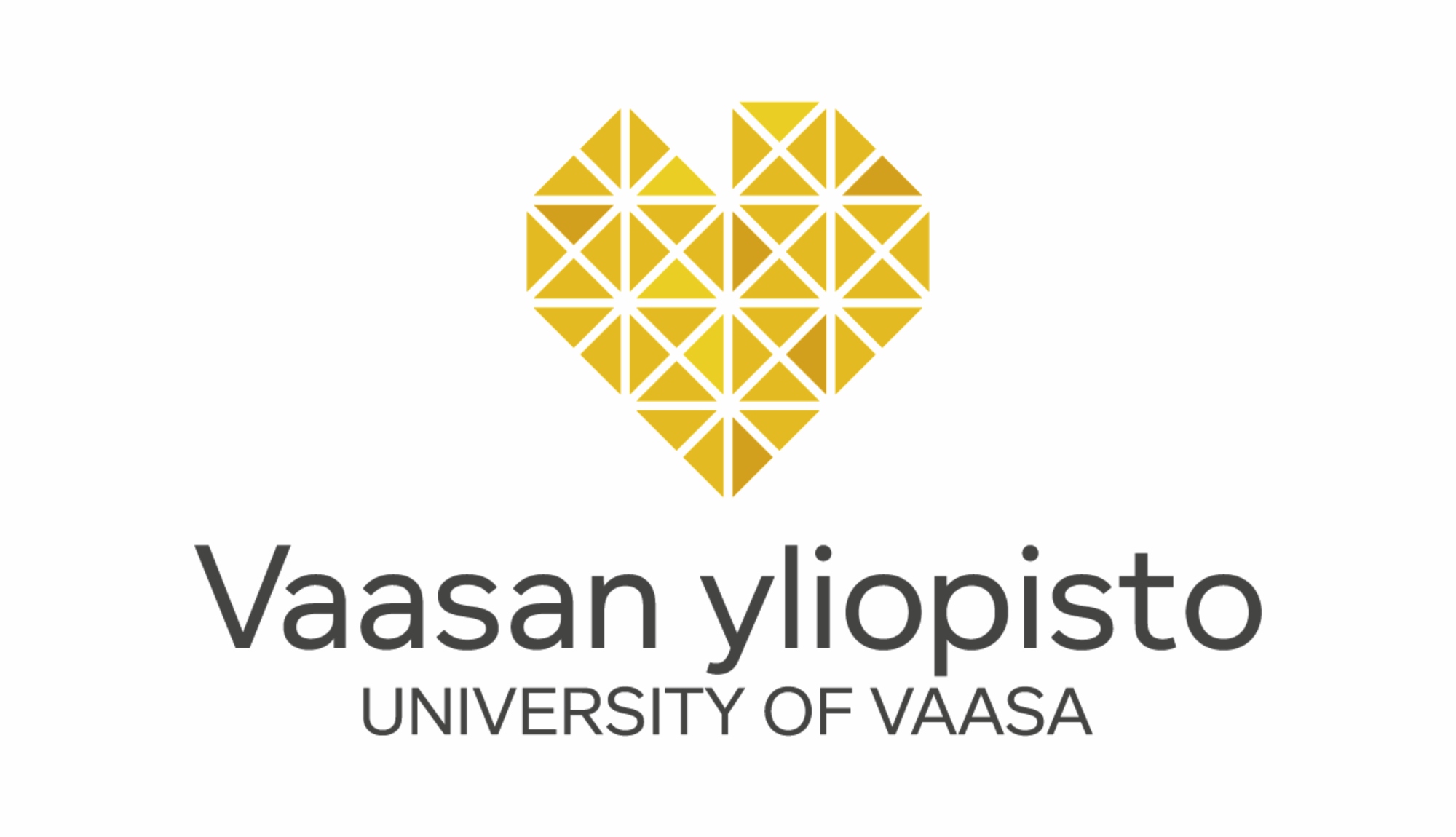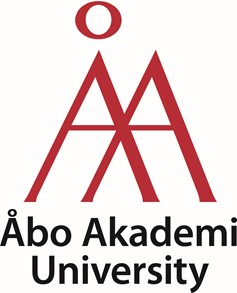Tid
1.7.2024–30.6.2027
Projektägare
Åbo Akademi
Samarbetsparter
Finansiär
Ammonia (NH3) is a carbon-free molecule that can be used to store green hydrogen (H2) in liquid form. Carbon-neutrality targets indicate that NH3 usage as e.g. marine fuel will increase in the near future.
Ammonia could be utilized in e.g. 1) engines, 2) burners, and 3) fuel cells. Technologies 1-3 all require that either part (1-2) or nearly 100% (3) of NH3 is ”cracked” back to H2 i.e. there is a need for 4) NH3 cracker technologies.
In AINA, NH3 utilization in energy applications is considered via technologies 1-4 and from social acceptance viewpoints. The first challenge in NH3 usage is the potentially forming greenhouse gas (N20) and NOx emissions. The second challenge is the energy efficiency of NH3 manufacturing and cracking processes as part of energy conversion systems as well as various techno-economical barriers. Third, NH3 utilization involves various social acceptance questions and prejudices.
In AINA, technologies 1-4 are approached by numerical modeling approaches and by utilizing laboratory experiments. Numerical approaches relate to chemically reactive flow modeling by 3D high performance computing and process simulations in technologies 1-4 utilizing in particular open source environments. Industry needs computational tools and experimental knowledge to support their R&D processes.
AINA objectives are as follows. 1) Reactive NH3 and H2/NH3 blends are explored and emissions assessed in combustion and fuel cell applications by simulations. Emission reduction by water vapor addition is explored as well. 2) Energy efficiency aspects and techno-economic assessment in green ammonia manufacturing and cracking technologies is explored by process simulations. 3) Ammonia-water vapor combustion is explored in engines and NH3 cracking technology demonstrated. 4) Social acceptance analysis is carried out on NH3 and a framework generated for NH3 utilization in various energy applications to support decision making processes.



![]()


Kontakta oss
Cataldo De Blasio (Ansvarig forskare)
Äldre universitetslektor
in Energy Technology
Laboratoriet för energiteknik
Tfn +358 503276382
